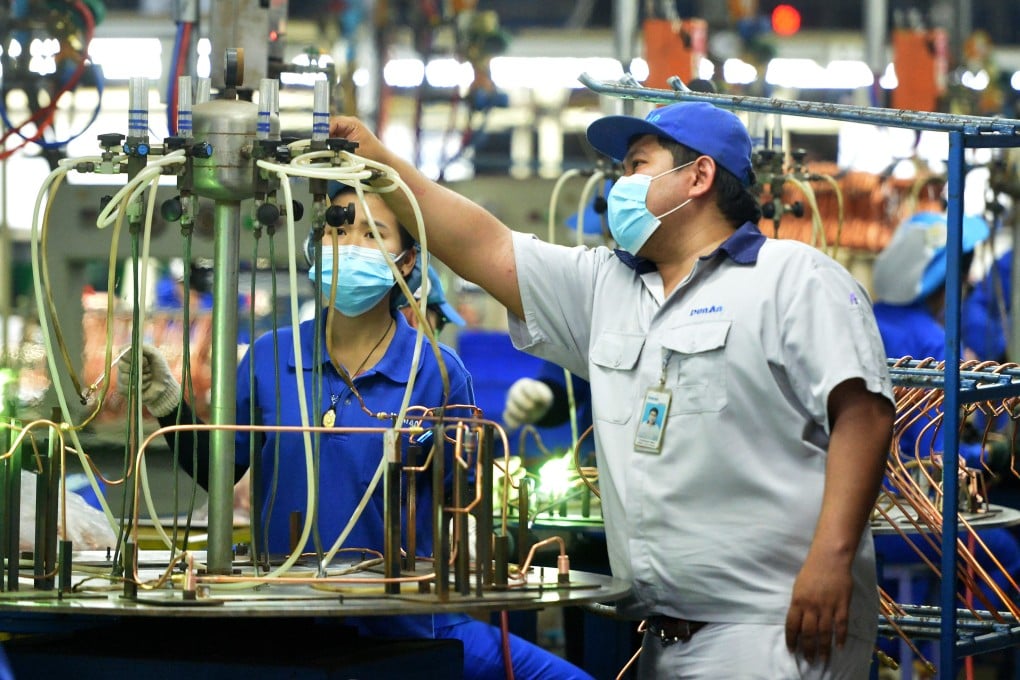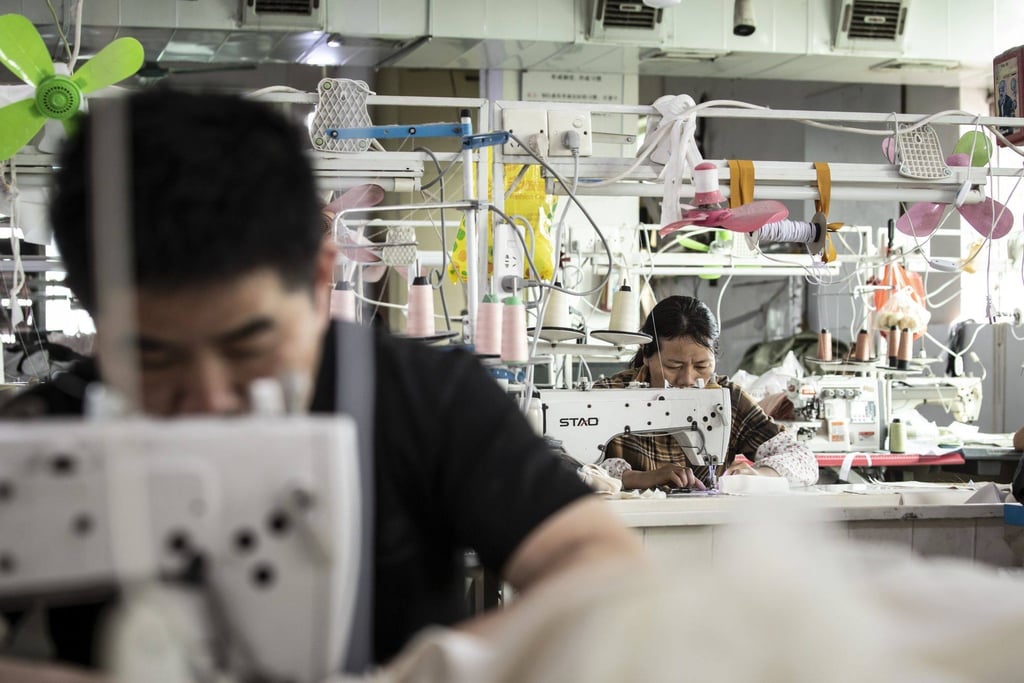As I see it | Asia needs robust training schemes for workers to avoid AI-driven mass lay-offs
- While AI can help boost productivity, people may miss out on training through entry-level jobs because of greater automation
- Early preparation to counter AI’s pervasive effects can potentially help set right historical iniquity, accommodate older workers and create a more inclusive society

His gesture underscored a bigger concern: will the rapid advent of AI lead to mass lay-offs in heavily populated Asia?
It appears there is no straightforward response. The answer depends on the way different governments in the region gird up their workforce, and the payoff can be more than the risks if it is played right.
At its core, the technology combines maths with software codes to generate humanlike responses from computers. It can generate a whole song from some note bars or write a personalised business letter with a few prompts.
Generative AI has the potential to automate work activities that absorb 60-70 per cent of employees’ time today, according to a McKinsey report published in June 2023. That means individual activities within occupations such as marketing or research and development can be automated, freeing up employees for more productive work.
With suitable training to enable the shift, trillions of dollars can be added to the global economy, the report said.

Private investments in AI are currently concentrated in North America, providing it with a significant head start. But China, too, has vowed to intensify efforts to unleash the technology’s potential, while others in Asia are preparing the groundwork.
